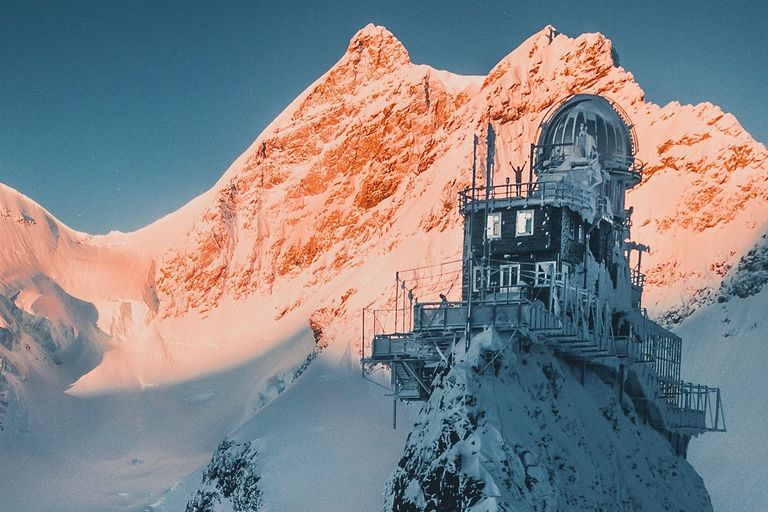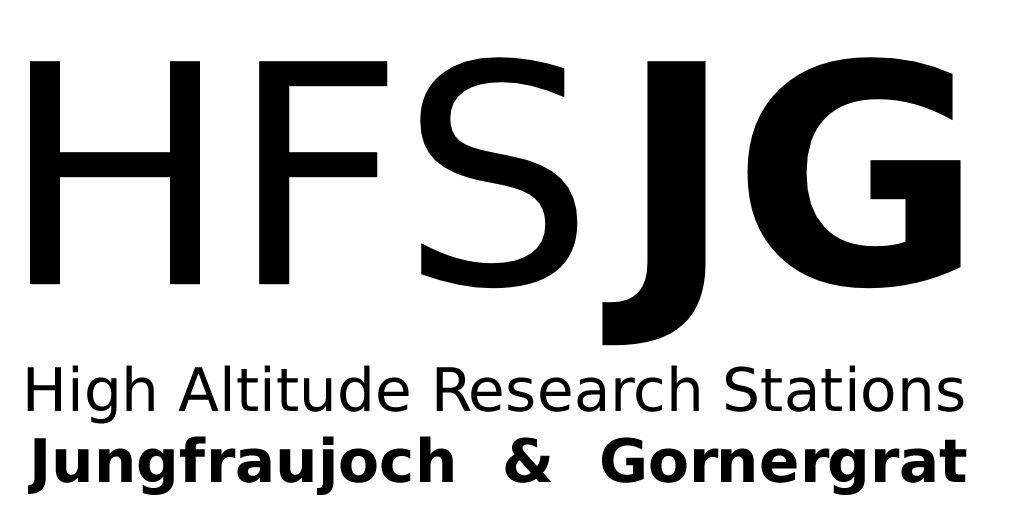Jungfraujoch and beyond: High Altitude Physiology and Medicine
The international foundation "High Altitude Research Stations Jungfraujoch & Gornergrat", of which SCNAT is a member, is organising an international symposium on high-altitude physiology and medicine at the University of Bern on 4 April 2024.

The pioneers: Prof. Walter R. Hess (1881-1973) of the Institute of Physiology of the University of Zürich and winner of the Nobel Prize for Medicine (1949) established the International Foundation for the High Altitude Research Station Jungfraujoch in 1930, which he presided over as its first president until 1936. In 1931 he opened the research station on the Jungfraujoch. In 1938 he presided over the 16th International Physiology Congress in Zürich. Prof. Alexander von Muralt (1903-1990) of the Institute of Physiology at the University of Bern followed Hess as president of the International Foundation until 1973. He was one of the founders of the Swiss Academy of Medical Sciences in 1943 and established the Swiss National Science Foundation in 1952. In 1938 and 1962 von Muralt organized international symposia on high altitude physiology in Interlaken/Jungfraujoch.
We want to pay tribute to the extraordinary achievements of these pioneers of "High Altitude Physiology and Medicine" and shed light on then, now and future research in this field.
The alpine location of the Jungfraujoch Research Station, with the Research House completed in 1931, the Sphinx Laboratory built in 1937 and the recently commissioned Ostgrat site at 3,450 to 3,700 m above sea level, regularly attracts researchers from Europe and beyond. The year-round accessibility of the station by rail and the permanently staffed infrastructure enable research in numerous natural sciences such as atmospheric chemistry and physics, meteorology, glaciology, geology, biology but also in high altitude physiology and medicine. The rich heritage of significant knowledge gained here has earned the station international renown. Today it is home to one of the best-equipped research stations in the world, especially providing comprehensive data for chemical-physical climate and environmental research.
Kontakt
Claudine Frieden
Internationale Stiftung Hochalpine Forschungsstationen Jungfraujoch und Gornergrat (HFSJG)
Sidlerstrasse 5
3012 Bern


